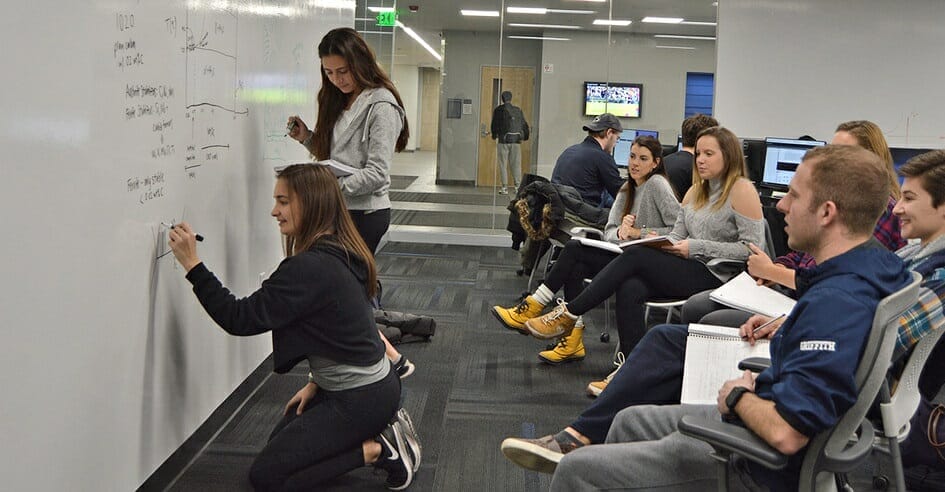High school might have taught you that you are allowed to pass your subjects without ever having to take notes, but college is different. Especially when you are in engineering, you cannot simply look at the solutions of the problems on the board or in your textbooks and expect that you have absorbed them all. This is one of the many laborious tasks that you need to practice while in engineering: note taking. Engineering students, read carefully.
Here are tips and tricks to help you around your classes with regards to note taking:
Pay attention
First thing about note taking is that you should be able to work your mind while writing. It’s pointless that you’re physically there, taking down notes, but you’re mentally someplace else. Get a habit of absorbing and understanding then and there what you are about to write. It helps a lot in your retention.
Clear yourself from any distraction. Strategize where you are sitting inside the classroom: stay away from the noisy ones or get closer to your professor and the board.
Have the right materials
Engineering students should not be allowed to enter the class without any pen and a notebook. Make sure that you have your note-taking materials with you. Having highlighters and sticky notes or flag helps a lot.
Take good notes in class
You are there as an engineering student, not a field reporter. Never write down everything your professor says; instead, jot down the highlights of the discussion especially when he or she writes on the board. Those topics are most likely to be important. More importantly, write down info, especially names, dates, formulas, theories and other details which cannot be found on the textbook.
It’s also about speed. You cannot catch up on a sequence of important topics if you write whole sentences. Make them phrases and abbreviations instead to save time and prevent from hand cramps.
 Stock photo
Stock photo
Take good notes in readings
Part of note taking is also identifying the most important items when you go over your textbooks. Highlight or underline only text which is critical in the material. Never fill the entire page with colored pens as that will only confuse your mind when you review. You can write some items on the margins or a loose leaf paper so you have better memory with them.
Organize your notes
Make sure that you know where to find the notes you have taken when you need them. It helps that you have the course name and date at the top of the page, or they are stapled or bound together. Take notes chronologically.
It’s also important that you write as clearly as possible – keep a neat penmanship so you can never confuse your future self.
Find a system that works for you
Perhaps you have your own style of note taking that works well with you not mentioned above. You need to decide on your own which strategies will help you learn all the mathematical formulas and scientific principles. All you have to do is experiment, and identify which system suits best with your study habits














